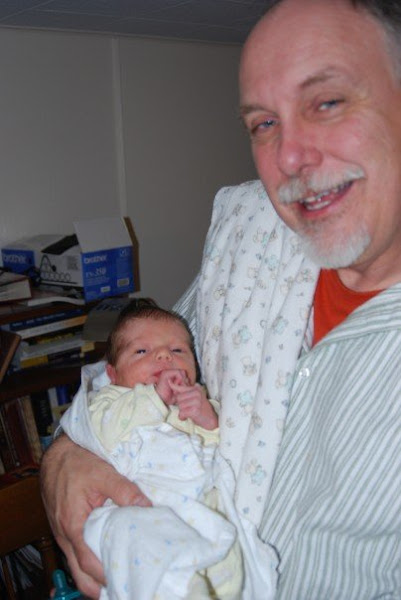Back in May I shared some of my thoughts about church buildings and how they might actually serve to make the church invisible in today's culture. There are days when I wish we didn't have to struggle with the upkeep of not one but two buildings (we still haven't succeeded in selling the First United Church building four years after an amalgamation.) About 10 years ago a mischievous kid set fire to an outdoor shed, destroyed our lawnmower and scorched the roof of our gym. The problem was he did it at 7:30 p.m. when all the seniors next door were looking out their windows. More than once we've joked that we should find him, pay him $50 and ask him to come back and finish what he started!
But, as with almost everything, buildings are neither pro- nor anti-Gospel in and of themselves. Here's a much needed and balancing perspective from my good friend Dan Meeter of Old First Reformed Church in Brooklyn, NY.
[A church planting colleague] suggested that my congregation might grow much better if we sold our church building and started renting space in a local public school. Well, he's not [entirely] wrong…..But I think my colleague is wrong in the narrowness of his judgments. Our church building is part of our identity. Not just in the sociological sense that "we shape our buildings, thereafter they shape us," as Churchill said. But theologically our building is part of us, because we believe it is part of the Holy Spirit's work with us and our mission, and for better or worse, our building is the concrete expression of our tradition…. We take our general mission to be a "community of Jesus" for God and for our neighbors. But consciously choosing to be stewards of our historic Reformed church, including our building, is one of the particular missions we have committed to, including such other things as education, music, fellowship, sanctuary, and hospitality. We recognize that our building is a very visible and concrete expression of the institution and tradition to which we voluntarily commit.
…to sell our building strikes me as a repudiation of the work of the Holy Spirit among real people in real time. For, at least according the Apostles Creed, the first work of the Holy Spirit is the holy catholic Church. Under "catholic" I include the realities of the church in time, and by "forgiveness of sins" I include learning to love even our difficult building, and by "communion of the saints" I include the concrete (literally) witness of former generations of our congregation, and by "resurrection of the body" I include the physicality of the world.
Tuesday, October 14, 2008
Subscribe to:
Post Comments (Atom)


No comments:
Post a Comment